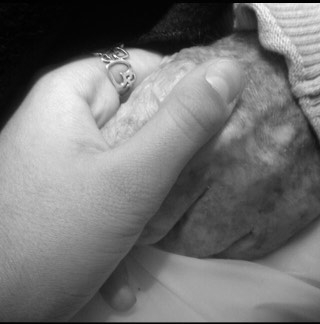As couples reach later into their adult years, certain health risks tend to increase as well, especially for various chronic conditions, such as heart disease, cancer, stroke, diabetes and Alzheimer’s. Sadly, it is not uncommon for a spouse to die as a result of one of these conditions, leaving the other spouse widowed. Grieving a loved one is always difficult but grieving the death of a spouse can be even harder for older adults to cope with.
The Feelings that Grief Brings
When grieving, people have reported a wide range of feelings that are experiencing. These range from feeling sorrow, shocked and fearful, to feeling guilt and anger. All of these feelings are ok! There is no right or wrong way to feel during this time because everyone encounters grief differently. What is important is to not suppress these emotions and never address or work through the grieving process.
Taking Care of Self
During this rough transition period, it is important for the grieving spouse to not neglect their own needs. There are various ways to go about this, such as remembering:
- Exercise regularly
- Eat healthy food
- Get enough sleep- stay rested
- Stay in touch with caring friends and family rather than stay isolated
- Don’t neglect health -see doctor regularly.
Grief can have significant impacts on the immune system, that can lead to more colds, longer recovery times, and flare-ups of chronic illnesses.

Our information was found at:
https://www.nia.nih.gov/health/mourning-death-spouse
https://www.agingcare.com/articles/mourning-spouse-death-133316.htm
